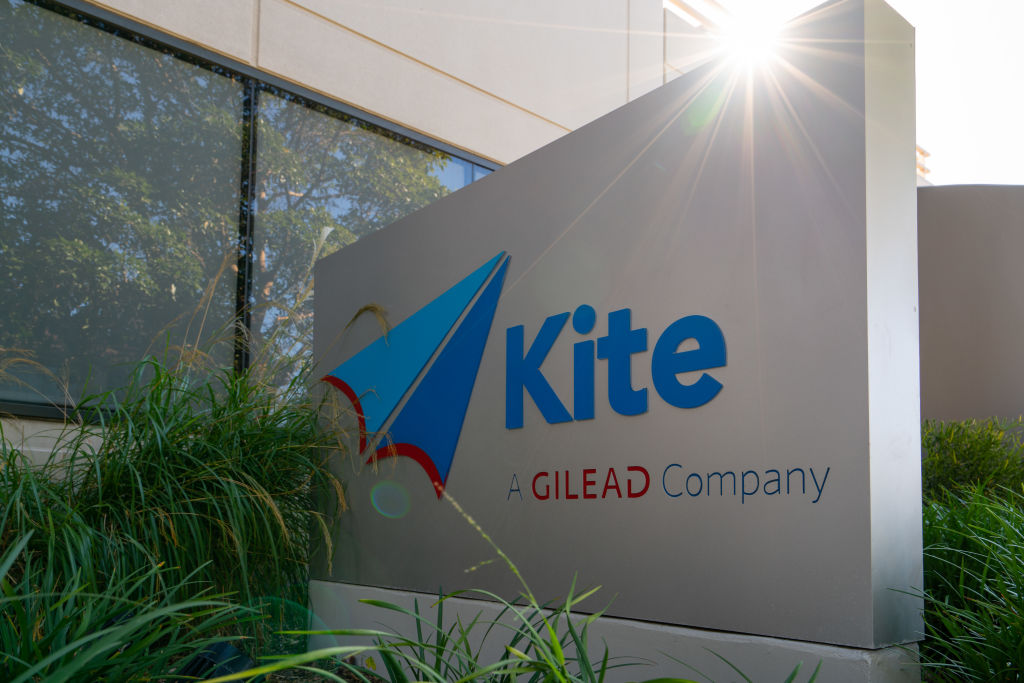BMS Joins the In Vivo Cell Therapy Chase With $1.5B Orbital Therapeutics Acquisition
1 week 6 days ago
BioPharma, Daily, Pharma, autoimmune disease, biopharma nl, Bristol Myers Squibb, cell therapy, deals, Mergers and Acquisitions, Orbital Therapeutics, Startups
Opinion: Pharma’s shift away from infectious disease research could spell disaster for the world’s poorest people
2 weeks 3 days ago
First Opinion, Pharma, Advocacy, global health, infectious disease, Pharmaceuticals, Research
STAT+: Pharmalittle: We’re reading about an FDA official disparaging a drug, a PhRMA DTP website, and more
3 weeks 5 days ago
Pharma, Pharmalot, pharmalittle, STAT+
STAT+: Pharmalittle: We’re reading about Trump’s drug pricing plans, pharma tariffs, and much more
1 month 9 hours ago
Pharma, Pharmalot, pharmalittle, STAT+
STAT+: Pharmalittle: We’re reading about FDA adcomms, Kenvue lobbying RFK Jr. about Tylenol, and more
1 month 2 weeks ago
Pharma, Pharmalot, pharmalittle, STAT+
STAT+: FDA pushing non-opioid path for chronic pain
1 month 2 weeks ago
Biotech, Business, Pharma, The Readout, biotechnology, Cancer, drug development, drug pricing, Research
STAT+: Psychedelics are suddenly drawing interest from big drugmakers
1 month 2 weeks ago
Biotech, Pharma, AbbVie, biotechnology, drug development, Johnson & Johnson, Mental Health, psychedelics, STAT+
STAT+: Pharmalittle: We’re reading about an AbbVie deal for a psychedelic, Lilly obesity pill trial results, and more
2 months 1 day ago
Pharma, Pharmalot, pharmalittle, STAT+
Gilead Sciences Gains In Vivo Cell Therapy Capability With $350M Interius Bio Acquisition
2 months 6 days ago
BioPharma, legal, Pharma, Autoimmune Diseases, Cancer, cell therapy, Gilead Sciences, Interius BioTherapeutics, Mergers and Acquisitions, Startups
STAT+: Pharmalittle: We’re reading about FDA OK for a lung disease drug, pharma sales in China, and more
2 months 2 weeks ago
Pharma, Pharmalot, pharmalittle, STAT+





